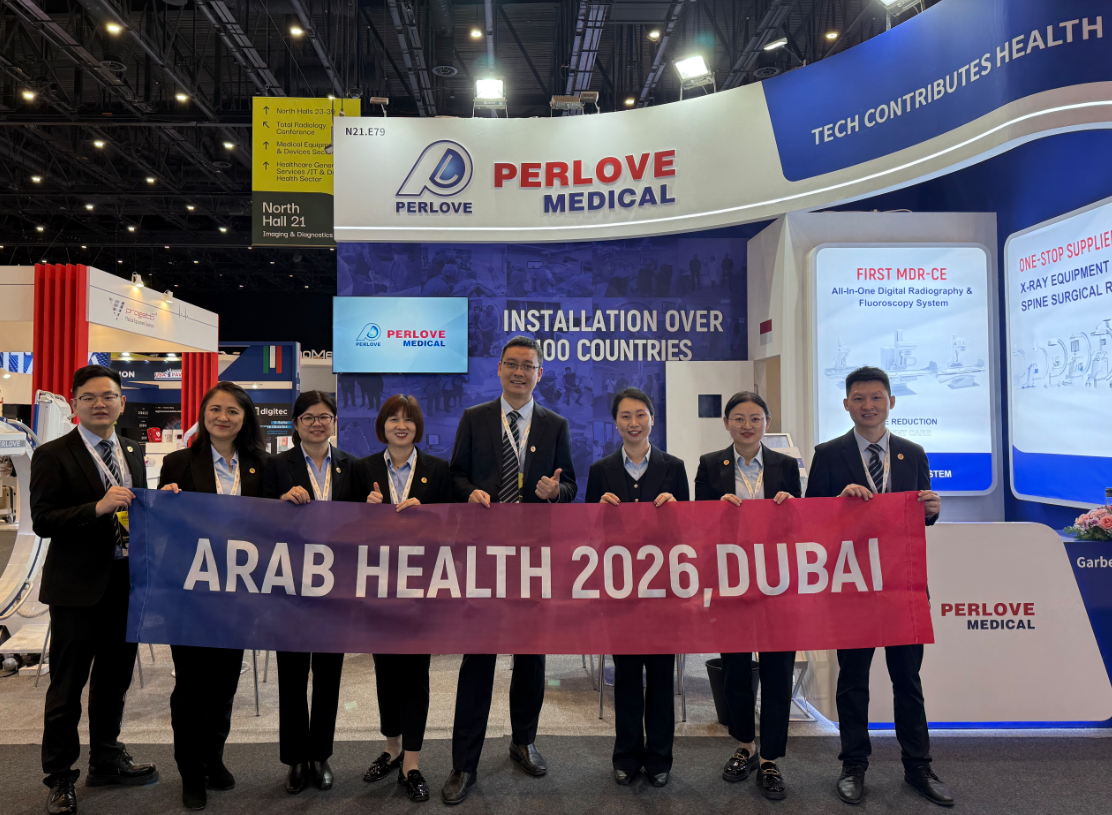News
2022-08-15 14:49:59 Views:1437
Mobile flat-panel interventional C-arm - the "eye" in interventional therapy
What is Interventional Therapy? Interventional therapy is the use of puncture needles, catheters and other interventional equipment under the guidance and monitoring of imaging equipment such as digital subtraction angiography, CT, ultrasound, and magnetic resonance to introduce specific instruments into the human body through natural human orifices or tiny wounds. The general term for a series of techniques for minimally invasive treatment of lesions.
Interventional therapy has no or small incision. In most cases, only a few millimeters of skin incision can be used to complete the treatment. Compared with other surgeries, interventional therapy can also have a very good therapeutic effect on elderly and critically ill patients who cannot tolerate surgery. In recent years, interventional radiology has achieved rapid development in many clinical fields with its significant advantages of minimally invasive, rapid, safe and effective, especially in the fields of cardiovascular, cerebrovascular, peripheral vascular and oncology. The three pillars of clinical practice are paralleled by surgery and surgery.

PLX7100A Mobile Panel Intervention C-arm
The mobile flat-panel interventional C-arm is an imaging device that can diagnose or treat local lesions under the guidance of interventional surgery. The mobile flat-panel interventional C-arm basically covers most of the current interventional surgeries, expanding the application of multiple departments in the hospital, thoracic surgery, gynecology, orthopedics, vascular surgery, urology... The main uses include orthopedic percutaneous vertebroplasty Surgery, lumbar internal fixation, urology ERCP, vascular surgery aortography, gynecological hysterosalpingography, etc.
For example, Perlove Medical's PLX7100A mobile flat-panel interventional C-arm can be used for ERCP in hepatobiliary surgery, hepatic hemangioma, internal and external drainage of biliary obstruction, etc. It is suitable for applications in various clinical departments and operating rooms. This mobile flat-panel interventional C-arm adopts 30cm×30cm amorphous silicon cesium iodide dynamic flat panel detector, the large flat panel can fully cover the surgical site; the intelligent image processing technology can greatly improve the image detail performance; the variable SID technology can reduce the distance between the flat panel and the patient and reduce the radiation dose It can also improve the image quality; the electric control of the C-arm movement, accurate positioning, fast direct access, fully improve the surgical efficiency and a comprehensive clinical scope of application.
In addition, the PLX7100A mobile flat-panel interventional C-arm can be linked with a high-pressure syringe pump, and a high-pressure syringe linkage interface is reserved, which can effectively realize the linkage between the high-pressure syringe and the C-arm exposure, and help doctors obtain high-quality and qualified angiography images in a short time. Compared with DSA, the mobile flat-panel interventional C-arm is more economical and practical, and has low requirements for space and space. It can be moved between departments, which is very suitable for promotion in primary hospitals.
-
Perlove Medical at ECR 2026: Showcasing Cutting-Edge Imaging Solutions in Vienna
Read More » -
🌍 Elevating Global Healthcare | WHX Dubai 2026 Successfully Concluded
Read More » -
Join Us at ARAB HEALTH 2026 | See You in Dubai
Read More » -
Surgical Robots Take the Stage in the “Battle to Protect the Spine”
Read More » -
Application of 3D C-arm Imaging in Radiofrequency Ablation Treatment of Trigeminal Neuralgia
Read More » -
Correcting Limb Length Discrepancy | 3D C-arm Assisted Epiphysiodesis in Pediatric and Adolescent Patients
Read More »





